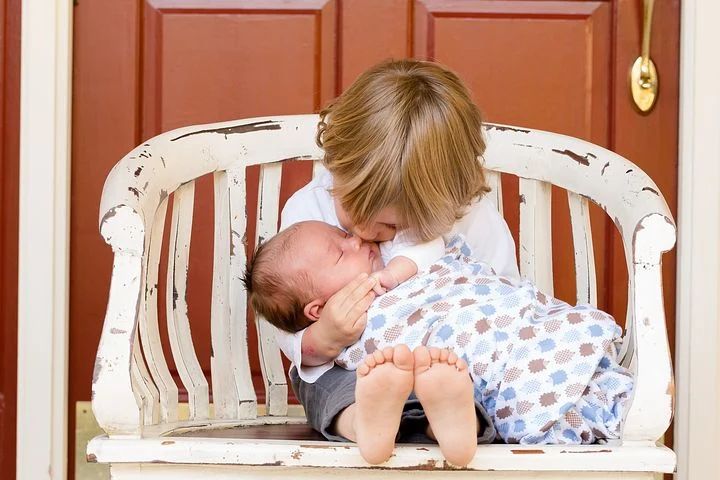The Eco-Friendly Do’s And Don’t For Parents – Despite their small size, babies can actually have a big impact on the environment. As we become more eco-conscious as a society, parents are looking for sustainable switches that will reduce their impact on the planet. So, what can a new parent do if they’re looking to lessen their babies carbon footprint? And what should they avoid?
Along with advice from their team of experts, baby and nursey retailer Kiddies Kingdom spoke to sustainability experts to share the dos and don’ts for new parents.
Do Opt for Second Hand Baby Clothes
Babies grow out of their clothes incredibly quickly which inevitably leaves parents with clothing which is too small and no longer usable. Matt Williams, Co-Founder of Greenspark explains that “this has a negative impact on the planet due to both the waste and the initial resources that went into making the clothing.” Instead, he suggests that parents “opt for more sustainable alternatives like swapping clothes with friends, buying second-hand from charity shops or reselling websites and to even rent them from services.”
Don’t Use Single Use Nappies
Nappies are vital to all parents, and young babies need to be changed as many as 10 or 12 times a day. Laura Davies, founder of the Nappy Gurus shares that “every day in the UK 8 million disposable nappies are thrown away, this equates to a staggering 3 billion a year. It also takes 500 years for a disposable nappy to decompose in a landfill, which is a huge contributing factor to global warming and climate change.”
To combat this, she encourages “all parents to consider switching from disposable nappies to reusable ones. Not only will this swap positively impact the environment, but parents could also save a substantial amount of money.”
Do Switch to Eco-Friendly Toys
Babies discover the world through play, so toys are an essential part of their development, however the number of toys a child has can easily add up as they grow. Matt shares that toys “have a huge carbon and plastic footprint, especially when made from synthetic materials.” As an alternative, he recommends looking for “sustainably sourced wooden or recycled alternatives. Recycling, selling or donating the toys once you’re done with them can also greatly reduce their impact.”
Don’t Use Baby Wipes
There’s no doubt that babies can get messy, with baby wipes considered an essential item for many parents. However, Matt explains that they “are a product that many don’t realise contains plastic. Plus, they are often made with chemicals that might irritate your baby’s sensitive skin.” Instead, he suggests “choosing reusable alternatives made from natural materials which can greatly reduce your plastic footprint. If going for store-bought, there are more eco-conscious, biodegradable alternatives.”
Do Make Your Own Baby Food
At around 6 months old, babies are introduced to solid foods and begin their weaning journey. Matt shares that “baby food is notorious for the vast amount of plastic it uses in its packaging.” To combat this, he advises to “make your own baby food in batches and then freeze or store it which is a great way to be more sustainable. If this isn’t an option, then look for sustainably sourced and packaged options in the supermarket.”
Don’t Forget Teach Your Child About Sustainability from A Young Age
Matt advises that “teaching your child about sustainability and the environment from a young age can also help in the long term. If they’ve learnt from you to respect the planet there’s a higher chance they’ll make conscious decisions as they grow up and inspire their friends to do the same!”
Do Shop Smart for Big Items
The essential big purchases for a new baby are a pushchair, car seat and a cot. Jumaimah Hussain, Showroom Store Manager at Kiddies Kingdom explains that “a sustainable product is a good quality one that lasts for years without breaking. You should be able to use it from the moment your baby is born until they no longer need it” She advises “to avoid buying new products at each milestone, instead opt for one that can adjust and grow with your baby.”
Poppy Watt


